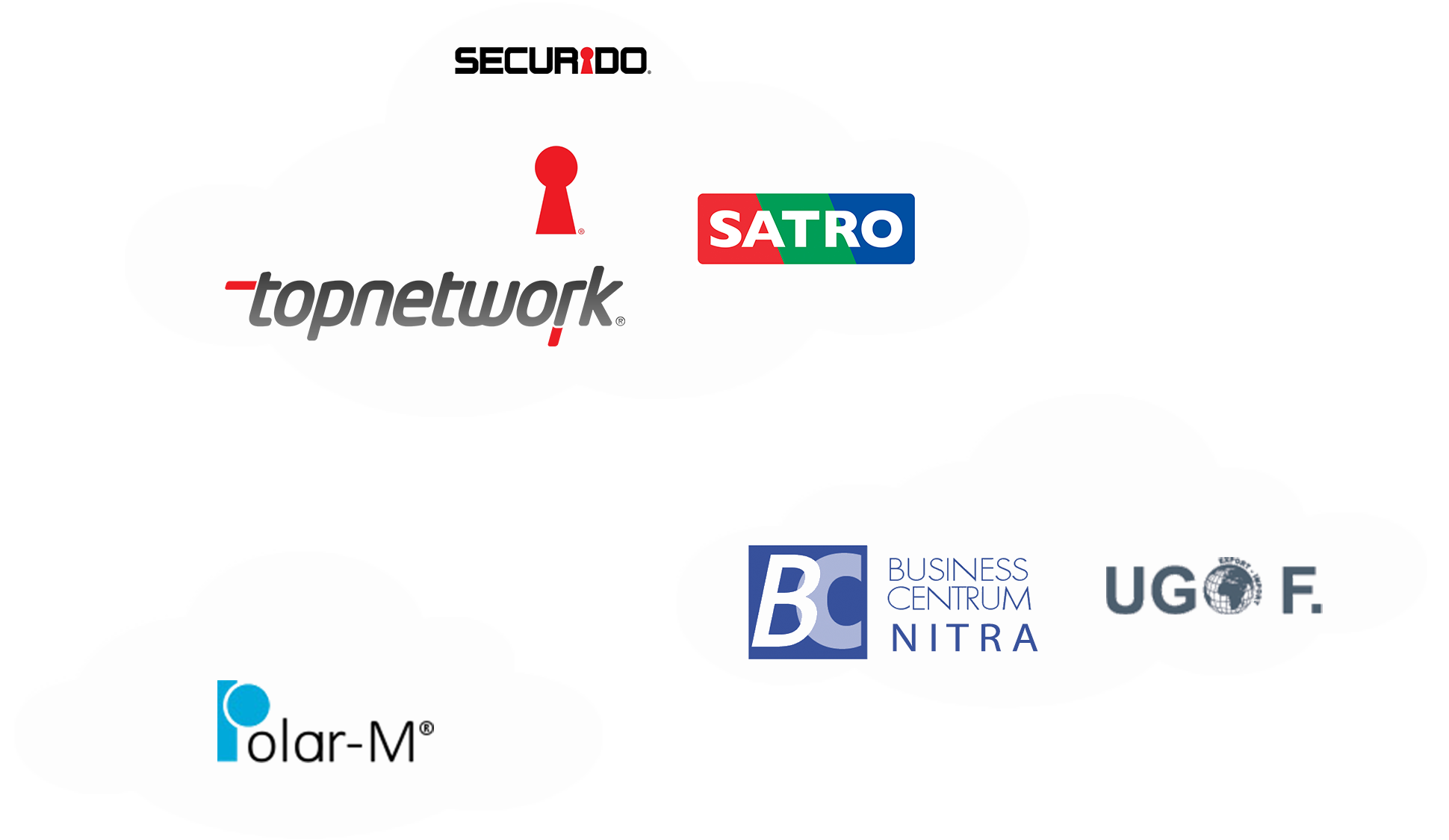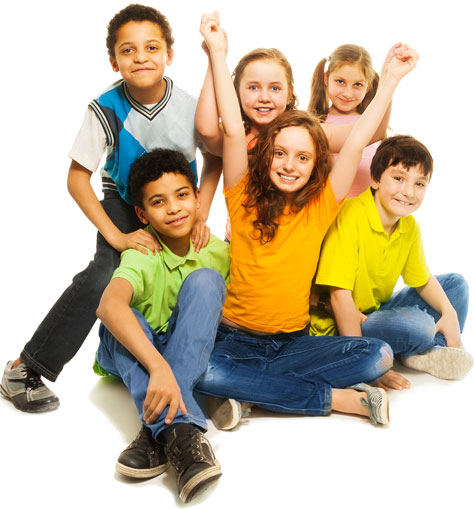
Program Principles
The program is inspired by the recommendations for pre-school facilities published by organisations such as UNICEF and UNESCO.
The main reason is the change of position of pre-school aged children in comparison with the past. Nowadays children live in a multicultural world and have more rights than ever before.
Based on values followed by the program, the main principles of the program consist of:
1. Openness
Openness is the key principle of the program. The basic feature of this program is to allow a high degree of flexibility when planning and implementing activities with children.
It is children-oriented and responds to their current needs. Children participate in implementation of the program. Incentives, ideas and contributions of children when implementing activities are considered as one of significant sources for flexible completion of curricula. Children are actively involved in the program and fulfilment of its objectives.
School is open to parents, partners and people from the surroundings; it accepts many guests and makes them contribute to its educational environment.
Openness is reflected in the kindergartenʼs life – to its physical layout as well as material equipment. Kindergarten features open rooms and thus, the ability of multilateral communication, flexible layout of classrooms and groups of children according to their needs. It is also open from the personal point of view and the professionality of teachers involved in the program. These are open to take up new challenges, improve self-education and flexibility in terms of childcare and their guidance on the way of pre-school education.

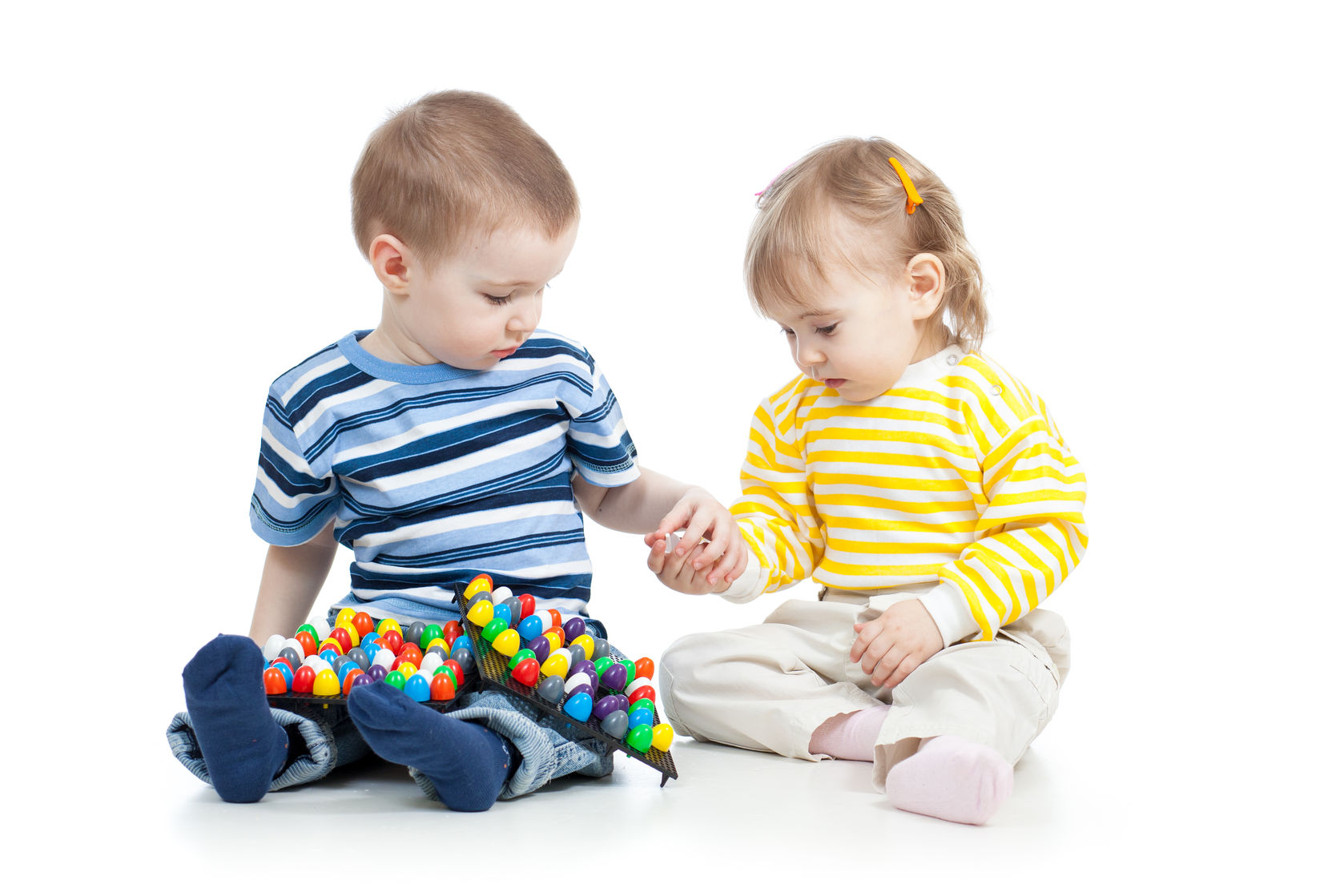
2. Complexity
The program closely monitors childʼs learning and development from the complex point of view. Very important is also intellectual development, physical development and motor skills, social engagement of a child, values and emotional development. The overall complexity of the development is provided by social interactions among children and purposeful activities.
The fact, that the whole environment of pre-school education is perceived and organized as a socialization, education and learning stimulus, contributes to the principle of complexity.
Each actor communicating with the kindergarten has educational potential and contribution. It is not just the teachers but every single employee of the kindergarten.
Complexity of the program implementation is provided especially due to fact that the kindergarten is becoming an active part of social life in the environment where it operates and fulfils its mission as an active member of its community.
3. Opportunity
In this program, education of children is not perceived as something inevitable or obligatory but rather as an opportunity. And this is opportunity for teachers, parents, but especially for children.
Pre-school education in accordance with this program is an opportunity for children to express their individuality, to know themselves better, to naturally express themselves in social interactions and rich communication.
Children are involved in creating everyday curricula. Techers find children as their communication partners and they appreciate their ideas and thoughts. Childrenʼs suggestions are becoming incentives that enrich educational activities.
The kindergarten gives parents the opportunity to participate in the program implementation. Parents are seen as partners in fulfilling the objectives of the program.
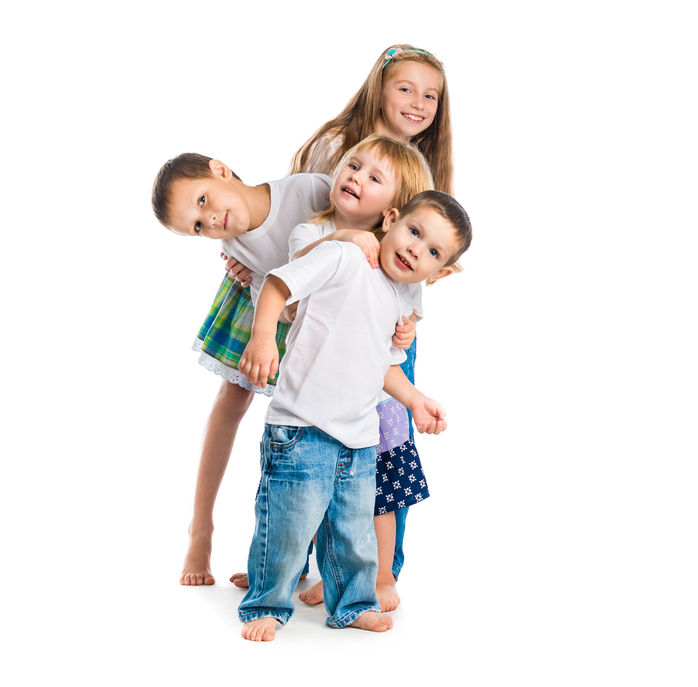
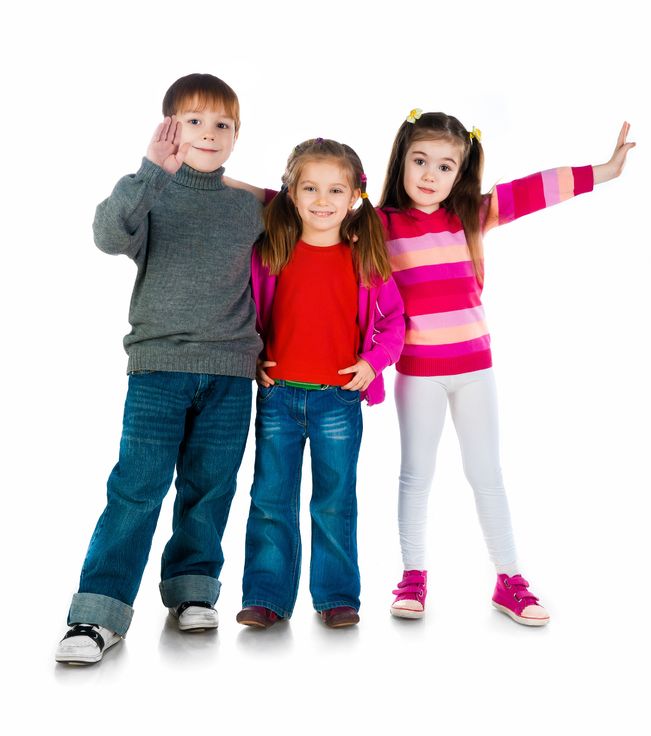
4. Participation
According to UNICEF, participation is one of the basic rights of a child from the perspective of childhood education. It is given by the Convention on the Rights of the Child that was adopted by the General Assembly of the United Nations in 1989. This right also includes the possibility to access the education that the program Language Gateway Open contains in the principles of Openness and Opportunity.
According to UNESCO recommendations, the childʼs participation in education increases their personal engagement in relationship with their peers, satisfaction in the classroom and thus, the overall positive emotions. Children also participate in decisions about what activities will be carried out in the kindergarten.
Children that are a part of multilingual and multicultural environment in the kindergarten are able to more effectively lead a multicultural dialogue.
5. Reflexivity
An essential condition of successful program is to provide a high degree of autonomy of both the kindergarten and its teachers when implementing the given program. Teachers are able to implement the program and adapt it to the needs of particular conditions of the kindergarten and particular structure of children in the kindergarten at a given time. At the same time, they take into account both the needs and potential of children and assist parents in accordance with values of this program.
The program highlights reflexivity through teachersʼevaluation. Reflection and evaluation are the basic assumptions for flexible and specific program implementation.

Our activities The Best Care for Your Child
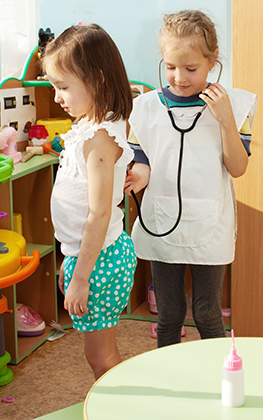
Active Learning
Learning is carried out in a funny way, with the help of a game and interesting activities suitable for kids.
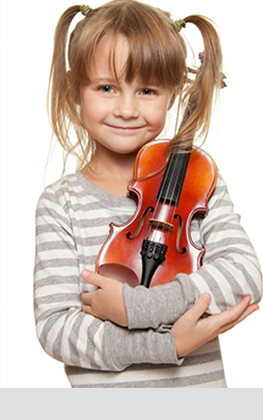
Music Lessons
Kindergarten is also focused on music and movement activities, i.e. different kinds of dance and playing the flute, since music and dance is what kids like and what makes them happy.

Foreign Lecturers
Lecturers come solely from foreign countries such as Spain, Venezuela, China and the United States of America.

Sport Activities
Facilities of the kindergarten are adjusted to sport activities. Gulf simulator and tatami mats can be found there as well.
Address
949 01 Nitra
Opening hours
Kindergarten
6:30AM – 5:00PM
raukova@unes.sk



